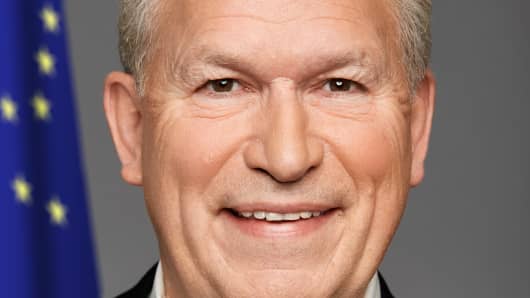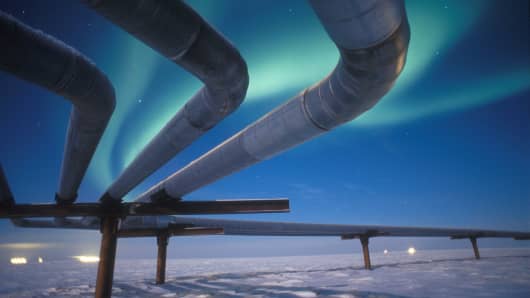In 1964, Alaska was struck by a 9.2-magnitude earthquake that lasted 5 ½ minutes. More than 130 people were killed. The massive quake triggered tsunamis in coastal communities, including my hometown of Valdez. More than 30 of my friends and neighbors were killed that Good Friday afternoon. I was 12 and I remember everything as though it happened yesterday.
Today, Alaska has been struck by an earthquake of a different kind. While most Americans are celebrating bargains at the fuel pump, low oil prices mean hard times in Alaska. In the past two years, Alaska's oil revenue – our state's lifeblood – has plummeted by 88 percent.






